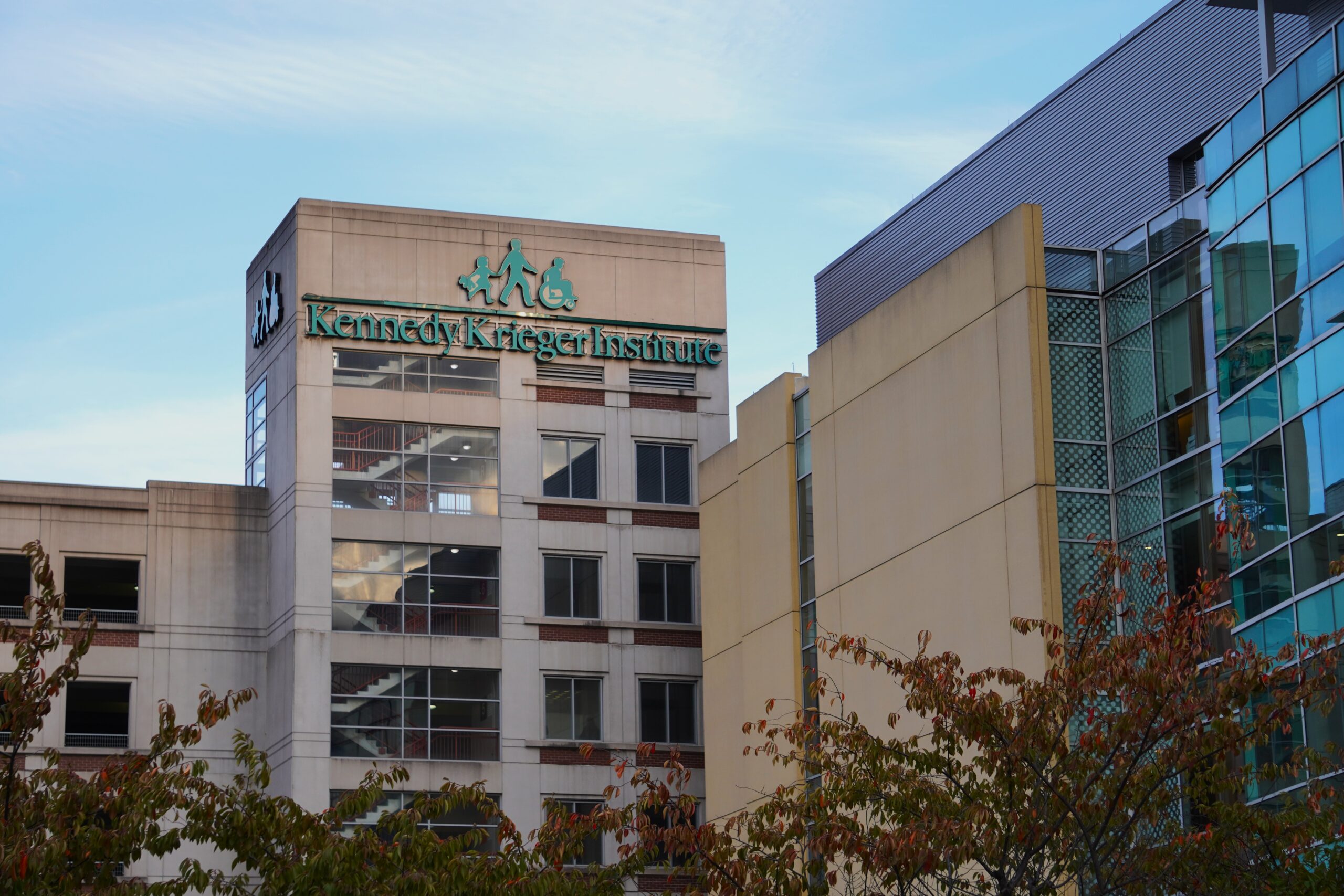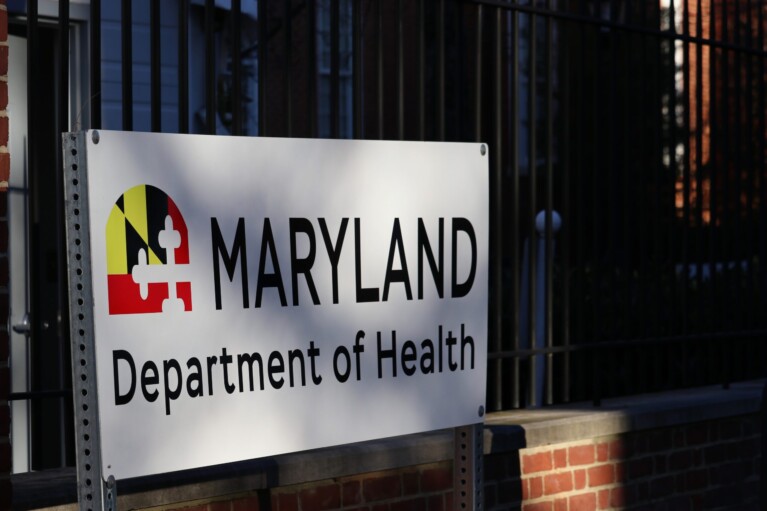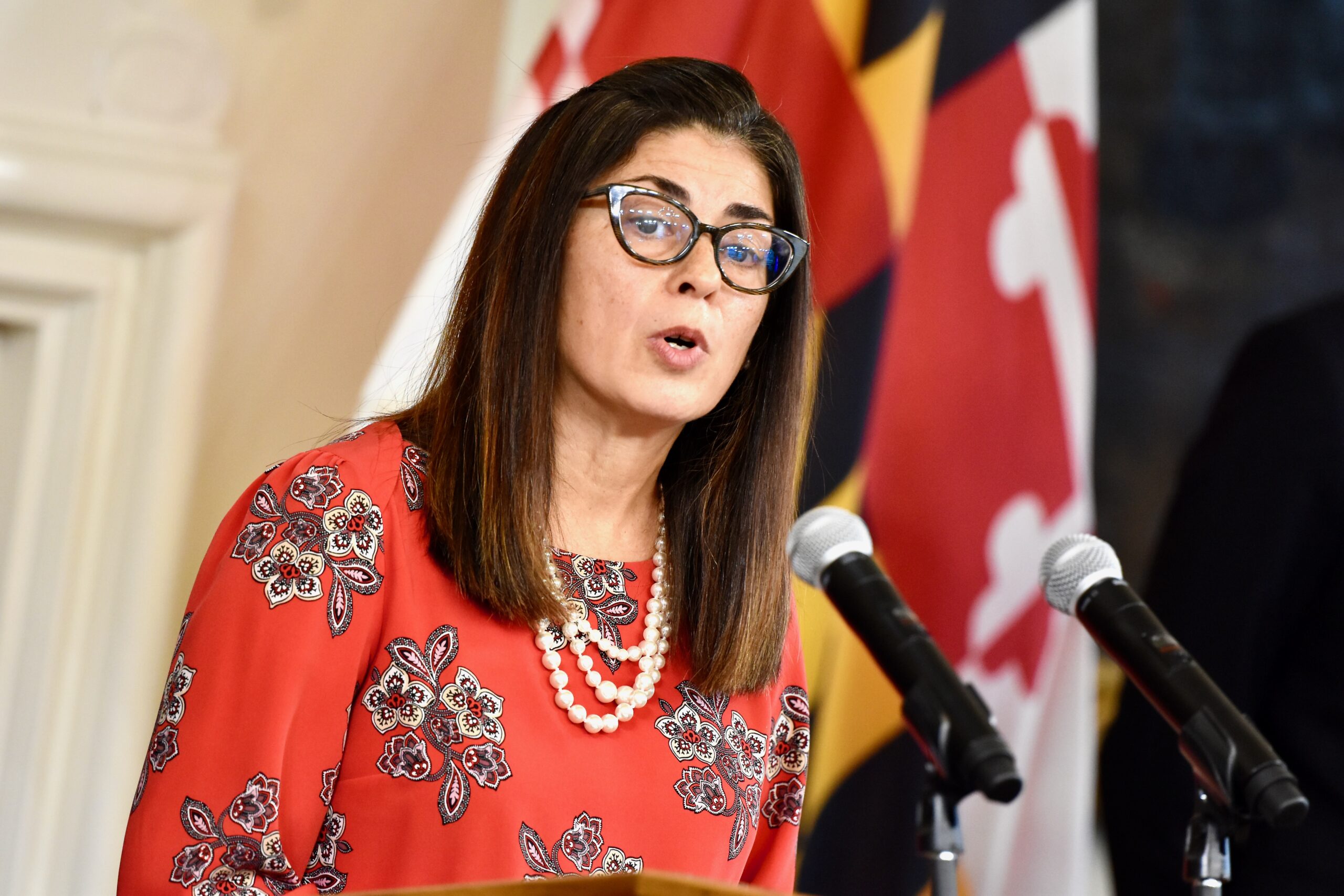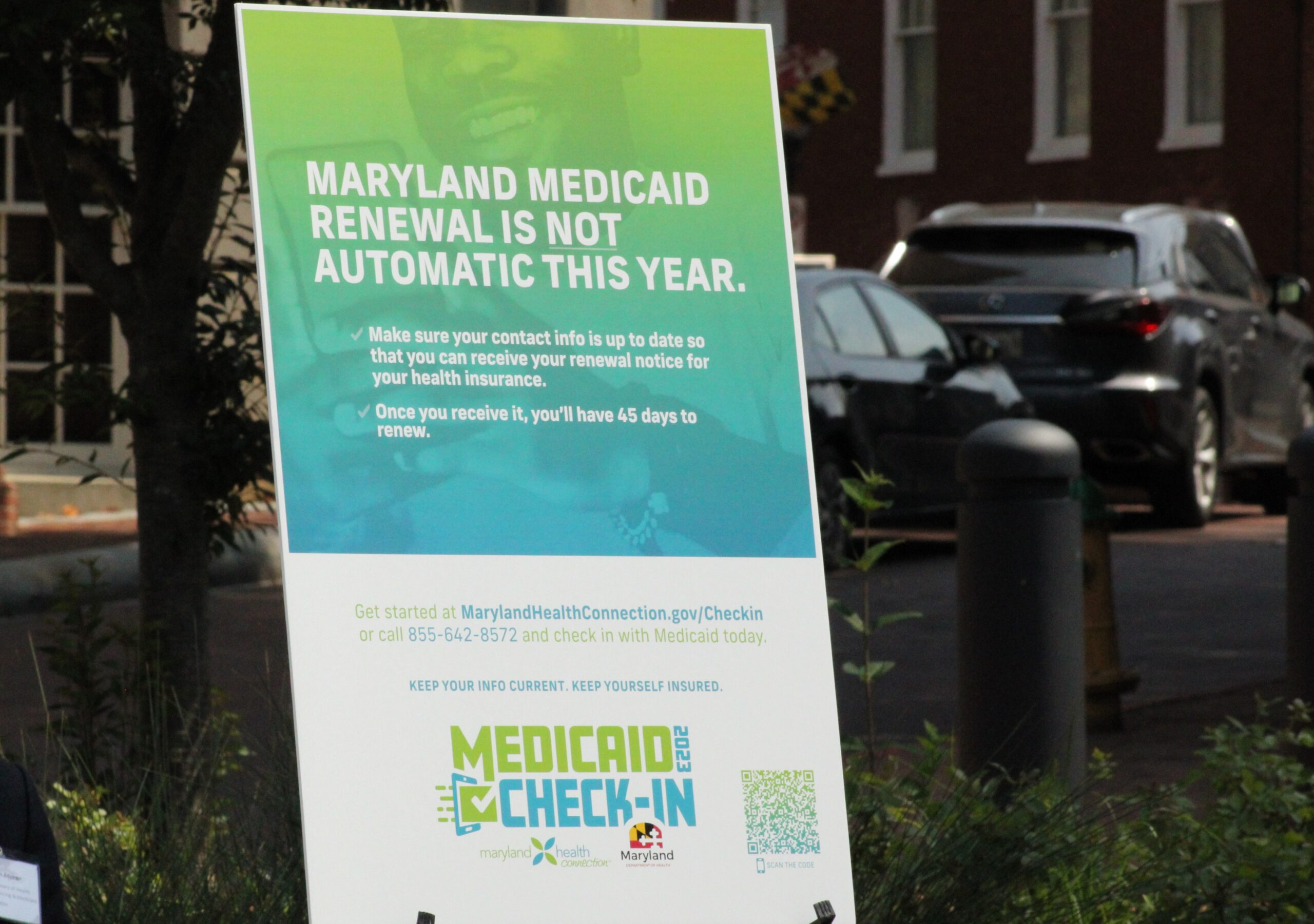Kennedy Krieger Institute to receive $5 million grant to expand care for pediatric cases of Long COVID

Federal health agencies are awarding millions in grant funds to clinics across the United States in an effort to expand treatment and understanding of the nebulous and enigmatic collections of symptoms known as Long COVID, post-COVID conditions, long-haul COVID or other names.
The new condition is not yet well-understood, especially when it comes to children and adolescents who may experience persistent fatigue, shortness of breath or other symptoms long after they’ve recovered from an initial COVID-19 infection.
That’s why the U.S. Department of Health and Human Services is awarding grants to nine health facilities to expand care for Long COVID symptoms, including in Maryland.
The Kennedy Krieger Institute, a nonprofit health organization affiliated with Johns Hopkins in Baltimore, will receive a total of $5 million over the course of five years to expand care for children with Long COVID symptoms, especially in underserved communities, according to a press release from the institute.
The grants, which are being distributed through the Agency for Healthcare Research and Quality, total $45 million over five years. Other grant recipients are the University of Pittsburgh, the University of Texas Health Science Center, Stanford University in California, Emory University in Georgia, University of Washington, Icahn School of Medicine at Mount Sinai in New York, University of Colorado Denver and Washington University in St. Louis.
Long COVID is a broad collection of symptoms and varies greatly from patient to patient. In 2021, Long COVID became a recognized condition that could result in a disability and qualify as such under the Americans with Disabilities Act.
“Long COVID is not one condition,” according to the U.S. Department of Health and Human Services. “It represents many potentially overlapping entities, likely with different biological causes and different sets of risk factors and outcomes.”
Some symptoms include but are not limited to: tiredness or fatigue, difficulty thinking or concentrating (“brain fog”), shortness of breath or difficulty breathing, fast-beating heart (heart palpitations), chest pain, cough, joint or muscle pain, depression, anxiety.
But what can make treating children with Long COVID even more challenging is that they often “struggle to articulate and advocate for their health,” according to the Department of Health and Human Services.
“Children may not always have the developmental ability to really identify and understand what is happening to them,” Dr. Laura Malone, co-director of Kennedy Krieger’s Pediatric Post COVID-19 Rehabilitation Clinic, said in a written statement. “They may not be able to express their symptoms. There are important developmental aspects to consider as to how long COVID-19 effects their function, social development, and more.”
The Maryland Department of Health reports that there have been nearly 300,000 reported COVID-19 cases among infants to 19 year-olds in the state from March 29, 2020 through Oct. 17, 2023.
According to Malone, between 5% and 25% of U.S. children who had COVID-19 have also experienced Long COVID symptoms.
Although the number of cases is not nearly at levels seen at the height of the pandemic, Long COVID symptoms can persist after infection, continuing for weeks, months or years after the initial infection, according to the Centers for Disease Control and Prevention.
The grants will help the Maryland pediatric COVID-19 clinic develop resources to educate and train school nurses to identify symptoms of Long COVID among children as well as create accommodations for children who struggle with Long COVID symptoms in schools and their communities.
The money will also help launch what’s called an Extension for Community Healthcare Outcomes, or ECHO, project, through which health care professionals can engage in virtual community discussions and trainings to provide better patient care. This ECHO project will focus exclusively on pediatric Long COVID-19 cases.
The Kennedy Krieger Institute is the only pediatric organization to receive a grant.




 Creative Commons Attribution
Creative Commons Attribution